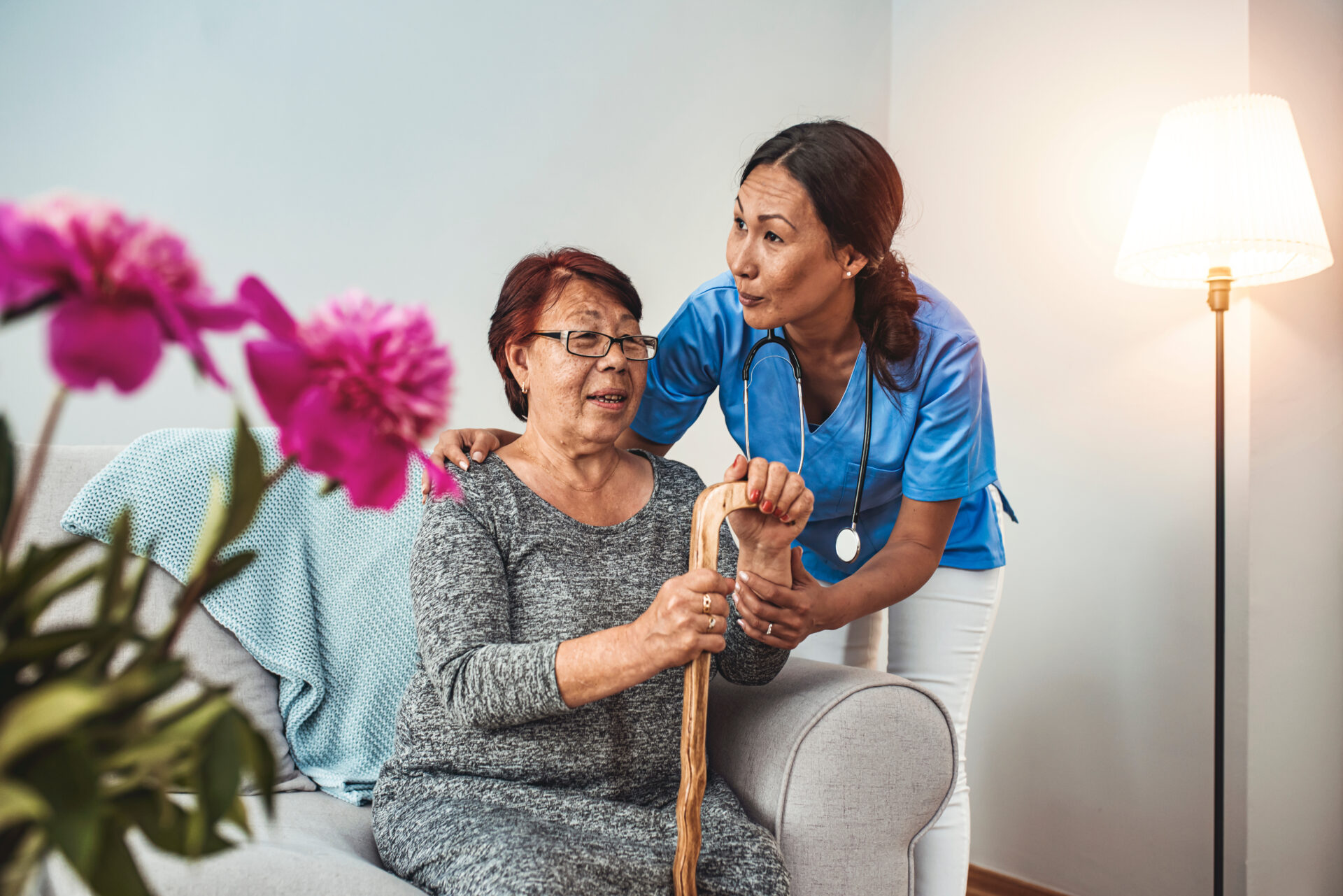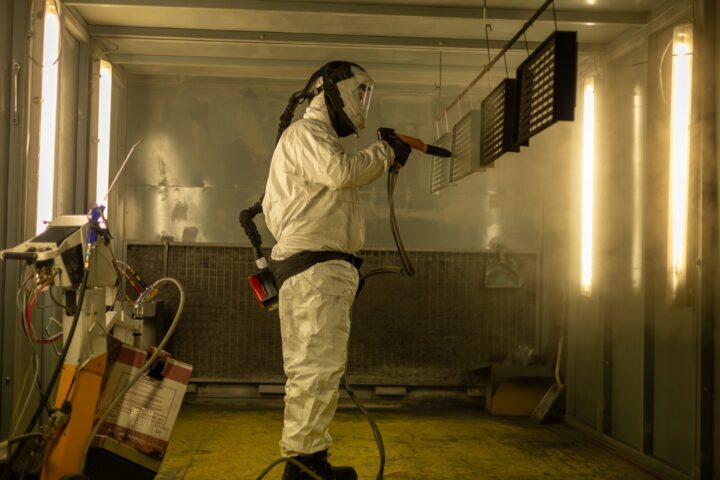Over the past five years (2020-2024), RedArc received 33% more new cancer cases than for the next most supported condition, mental health.
In 2024 alone, the organisation handled more than two new cancer cases for every individual mental health case.
Cancer remained the most common condition RedArc supports, surpassing all other health and wellbeing issues.
According to RedArc, no two cancer journeys are identical, and the experience of an individual can vary daily depending on their diagnosis, treatment stage, and personal circumstances.
Support must be provided by clinically trained staff with the time and expertise to assess individual needs and deliver appropriate assistance when required.
Organisations looking to implement or review a cancer care partnership should ensure that support is holistic and tailored, as cancer can affect nearly every aspect of a person’s life.
RedArc indicated that individuals require a wide range of support, which extends beyond the patient to their families.
This includes practical help such as access to relevant information, advice on managing side effects, and assistance with obtaining medical equipment to aid mobility.
Additionally, support may involve arranging care for dependants, whether children or elderly relatives.
Christine Husbands, commercial director at RedArc, said: “There are a number of important aspects in offering cancer care.
“It is of course crucial to have a wide range of options available, but when there is a wide range, such as in a menu approach, decisions must be made about which type of support, therapy or counselling is going to be the most effective.
“If individuals are left to self-select it can be very daunting and there can be a risk of sub-optimal choices being made, it’s invaluable for them to have a guiding hand throughout the whole support process.”
Health professionals play a key role in helping individuals understand their diagnosis, surgery, and treatment options, as well as in facilitating access to second medical opinions when necessary.
Clinically trained staff can also assess whether an individual would benefit from mental health support, and having consistent access to the same healthcare professional who can provide regular support is considered valuable.
Employees diagnosed with cancer often require assistance in remaining in work or returning to work when appropriate.
Professional support in these areas can be beneficial in managing the transition and ensuring that individuals receive the necessary guidance throughout their treatment and recovery.
Husbands added: “Cancer support works best when it treats the person as a whole – taking into account the mental and social factors that affect a person, as well as the disease itself.
“Support that recognises this will have the most impact.
“We can advocate this, not just as an idealistic notion, but having provided holistic support to thousands of people, over several decades, we know that practical advice and emotional support are every bit as important as financial assistance, if not more so.”

















